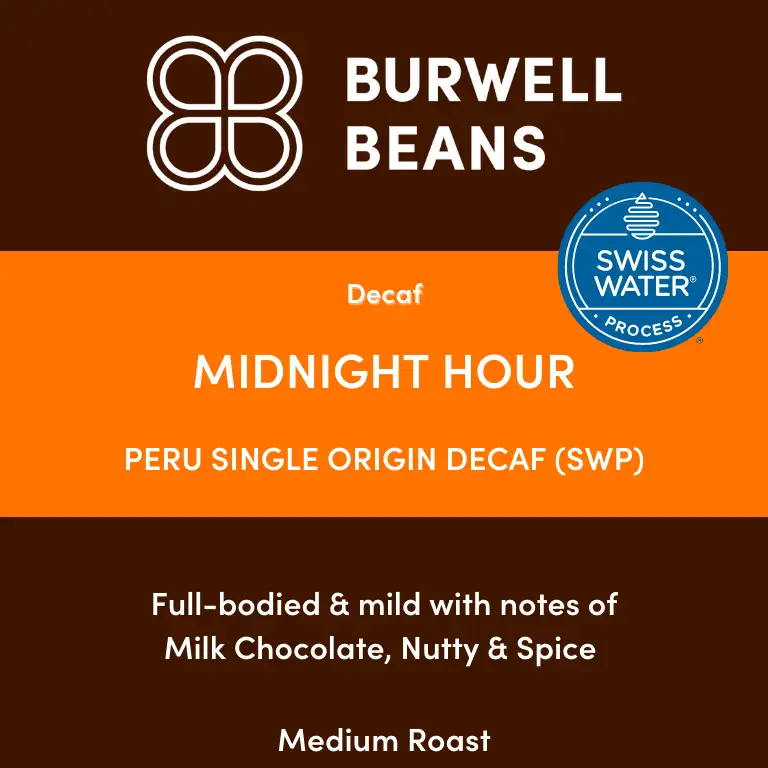Launching A Roasting Business During A Crisis.
It’s all about pivoting.
In 2019, after more than 30 years in the biotechnology and pharmaceutical industry, I found myself at a crossroads: whether to look for a new job or take the plunge and become the entrepreneur I used to dream about. With so much of my life in a state of change, an opportunistic shift in my work life seemed like a great plan and an exciting adventure.
Actually, the dream of owning a business flickered years before, when I lived in England and was still drinking tea. An avid jazz enthusiast and amateur saxophone player, I fantasized about opening a jazz club, and I even started working on a business plan, which I filed away for later. But then last year, it was an opportunity to pivot, take time off, and revamp the plan.
Dusting off the plan
While working on the jazz club business plan, I was also researching specialty coffee, since I had become a coffee fanatic since moving to the United States in 2002. I was fascinated by the differences in coffees from the various coffee-growing regions around the world, but what really struck me was the role – the craft – of the roaster. Coffee roasting sounded like something I could do as a hobby, roasting my own coffee at home.
I immersed myself in learning about my new favorite beverage and started thinking, “Imagine being able to serve up great coffee and great jazz in one spot!”
Last year, as luck would have it, I decided to start off with the “great coffee” part and learn the coffee business from the ground up.
The road to the roastery
The road has been full of learning curves. Opening and operating a coffee roastery, like any other startup, demands a certain depth of knowledge about the product and the industry.
During my research on specialty coffee, I learned that the industry must now comply with the Food and Drug Administration’s (FDA’s) Food Modernization Act and operate under good manufacturing practice (GMP).
GMP is system for ensuring that products are manufactured and controlled to meet specific quality standards, consistently. For me, this requirement meant good news: I’d spent an entire career in drug development and manufacturing doing just that. I’d overseen operations, facilities, procurement, environmental health and safety, supply chain, security, laboratory services, repair and maintenance, and real estate. I had also studied law and finance at postgraduate level.
Altogether, I had the perfect underpinnings to launch a company, and I had fully mastered FDA regulations and other federal and local requirements.
Next step: coffee
While I knew about drinking coffee, I knew precious little about sourcing or roasting coffee beans – or other aspects of the coffee business. To create a successful coffee company, I would need specific training and certification, so I embarked on multiple training courses to get certified though the Specialty Coffee Association (SCA) as well as online courses to broaden my general coffee knowledge. Read more about my first time on a roaster at Boot Coffee.
At the beginning, I worked on education and business plans in parallel. Setting up the business entity was surprisingly easy, and so was naming the company. It came from the English village where I once lived – a town called Burwell, an Anglo-Saxon settlement next to water and signifying new life, new beginnings, and new trade opportunities. Burwell Beans was born.
Practical challenges
The next challenge was finding the right space. Since my entire career had centered around acquiring land or real estate, building new facilities, and renovating older spaces, I thought this step would be easy. It was not.
In fact, it was really hard to find the ideal space, one that would allow me to grow the company but required a minimal initial investment. I spent many frustrating months visiting spaces in and around Massachusetts and New Hampshire, but after securing the space I selected, the design and construction, which might have been fraught with problems, was a real joy. I could see my vision unfolding and the business becoming a reality.
Even a step that could have been an obstacle turned out to be quite easy – a special permit required for the coffee roasting. Here, my prior industry experience in permitting and zoning came in quite handy.
Doing what you love
As we launch, I feel so enthusiastic, so ready to put my stamp on unique coffees and apply my new craft.
It’s a whole new chapter, a new beginning, and Burwell Beans represents that new lease on life. For the future, the jazz club is still part of the plan, when feasible. For now, many of my coffee offerings will have a jazz influence, so my first house blend will be called Page One, inspired by Joe Henderson’s classic album, but also for the beginning of my own new chapter!
Parting words: what I’ve learned
-
- Remember that your business plan is essential and must be evergreen – easily adaptable to new pressures or changes. The adjustments we’ve all had to make due to COVID-19 offer hard proof of that.
-
- Never stop learning, especially from others: I was very lucky to have studied at Boot Coffee Campus, in San Rafael California, and their mentorship and guidance has been and still is, invaluable.
Making a career change and taking risks is actually fun and rewarding. Start your own adventure, and be ready to pivot.
